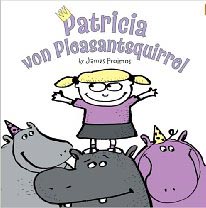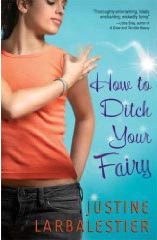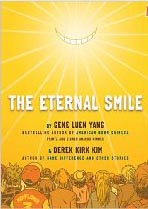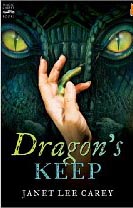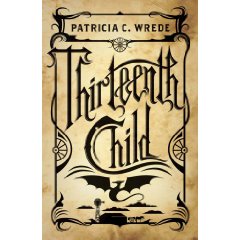Review of Dreamdark: Blackbringer, by Laini Taylor
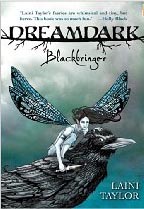 Dreamdark
Dreamdark
Blackbringer
by Laini Taylor
Firebird (Penguin), 2007. 437 pages.
Starred review.
Magpie Windwitch is as different from the other fairies in her world as her world is different from your “typical” fantasy fairy kingdom.
Fairies have been in the world for eons longer than humans, and thousands of years ago, fairy champions had great battles and sealed all the devils into bottles. The sealing spell on the bottles ensured that nothing existing at that time could possibly break the seal. But humans showed up on earth some time after that, and the seals had no power against them.
“Magpie sighed. One devil, just one in all of devil history, had granted three wishes to the human who freed it. Magpie had caught that troublemaking snag five years ago and put him back, but the damage was already done. The mannies had a mania for it now, and every chance they got they freed some wicked thing back into the world, and they surely didn’t get wishes for their trouble.”
But the devil whose empty bottle Magpie finds at the start of this book is no ordinary devil. The fishermen are gone, but there is no blood. When Magpie reads their last memory, it is only of darkness. Most sinister of all, the bottle was sealed by the Magruwen himself, one of the great djinn who made the world, but is now sleeping. He wouldn’t normally bother with a mere devil.
Most fairies wouldn’t worry about it, either. But Magpie is different. She and her crow “family” can’t let it rest, and her attempts to set right this evil unloosed on the world bring her to terms with her own destiny. Ultimately, the very existence of the world rests in her hands.
Along the way, she meets some others her age who seem, like her, able to sense the Tapestry that makes up the world, each in a distinctive way.
Laini Taylor has constructed an intricate world with feisty, memorable characters. The different fairies and fairy clans have different types of magic, usually intriguing. I especially like the one who can knit himself a magical skin with wings that work. (It makes sense. Knitting is magical!) There’s even an imp with the gift of serendip that can find anything it seeks, wherever it may be.
Magpie is incredibly tough and loyal to her crow “brothers.” But she still has the vanity of a lass, hurt when an elegant lady turns up her nose at the dirt of battle sticking to Magpie and her unpolished manners. She’s a believable and lovable heroine.
I like fantasy books where the fantasy could really be happening, only we humans are oblivious. In that case, I’m mighty thankful to Magpie for saving the world!
Find this review on Sonderbooks at: www.sonderbooks.com/Teens/blackbringer.html
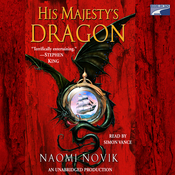 His Majesty’s Dragon
His Majesty’s Dragon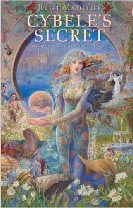 Cybele’s Secret
Cybele’s Secret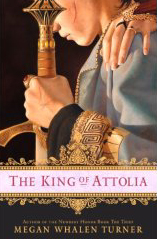 The King of Attolia
The King of Attolia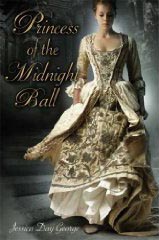 Princess of the Midnight Ball
Princess of the Midnight Ball